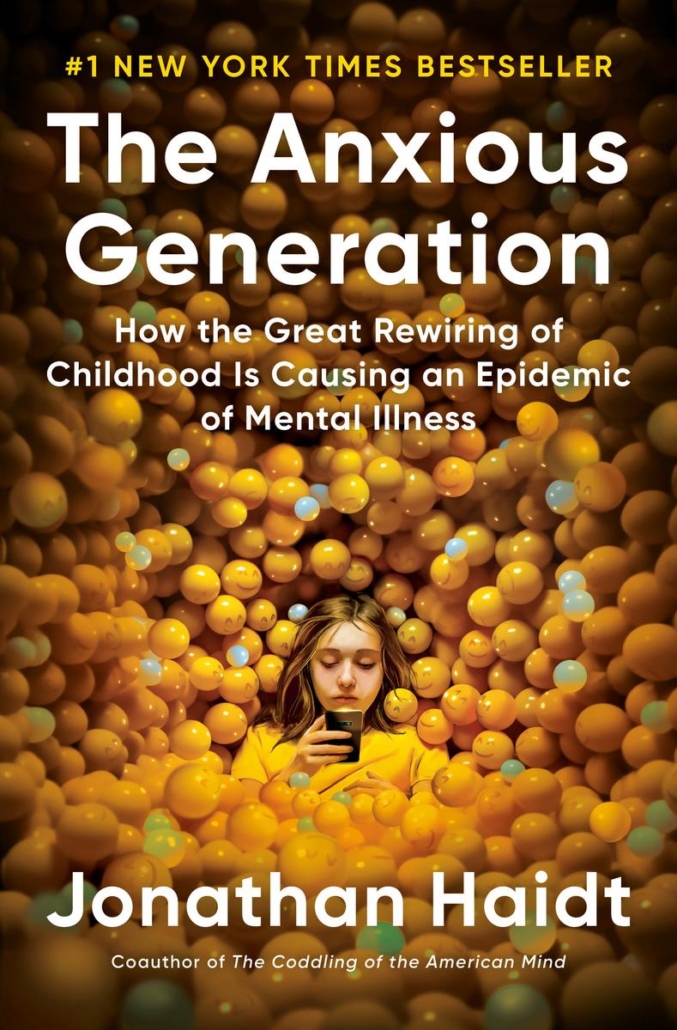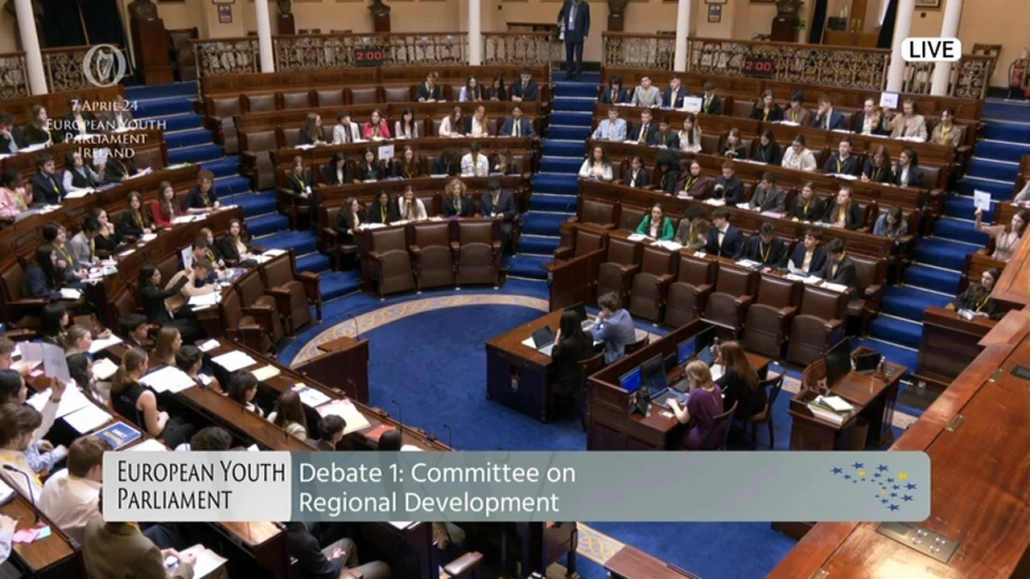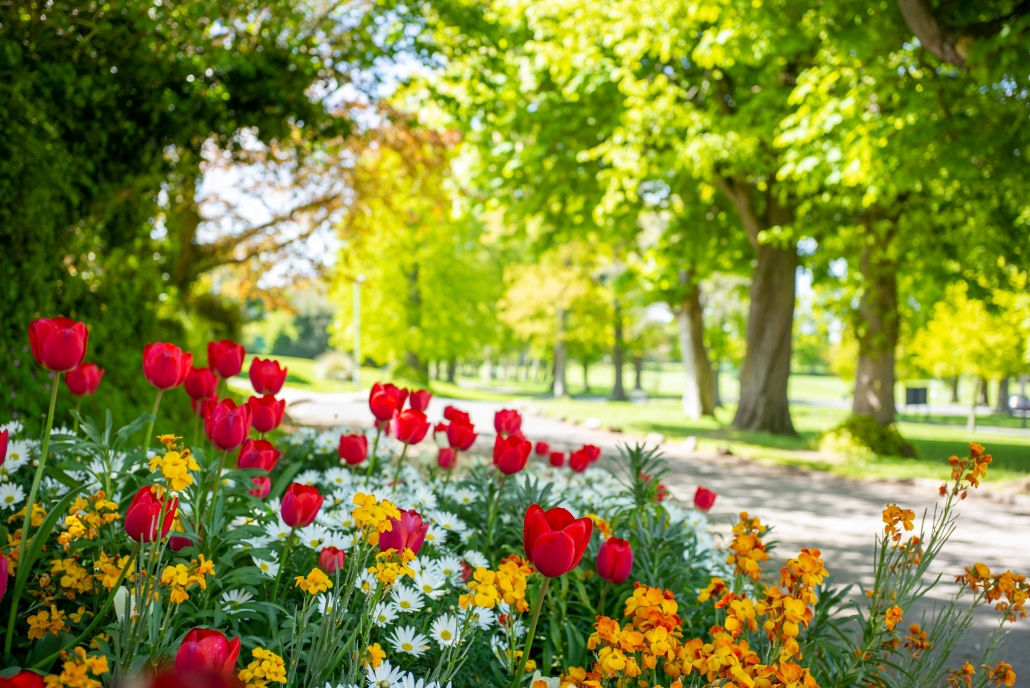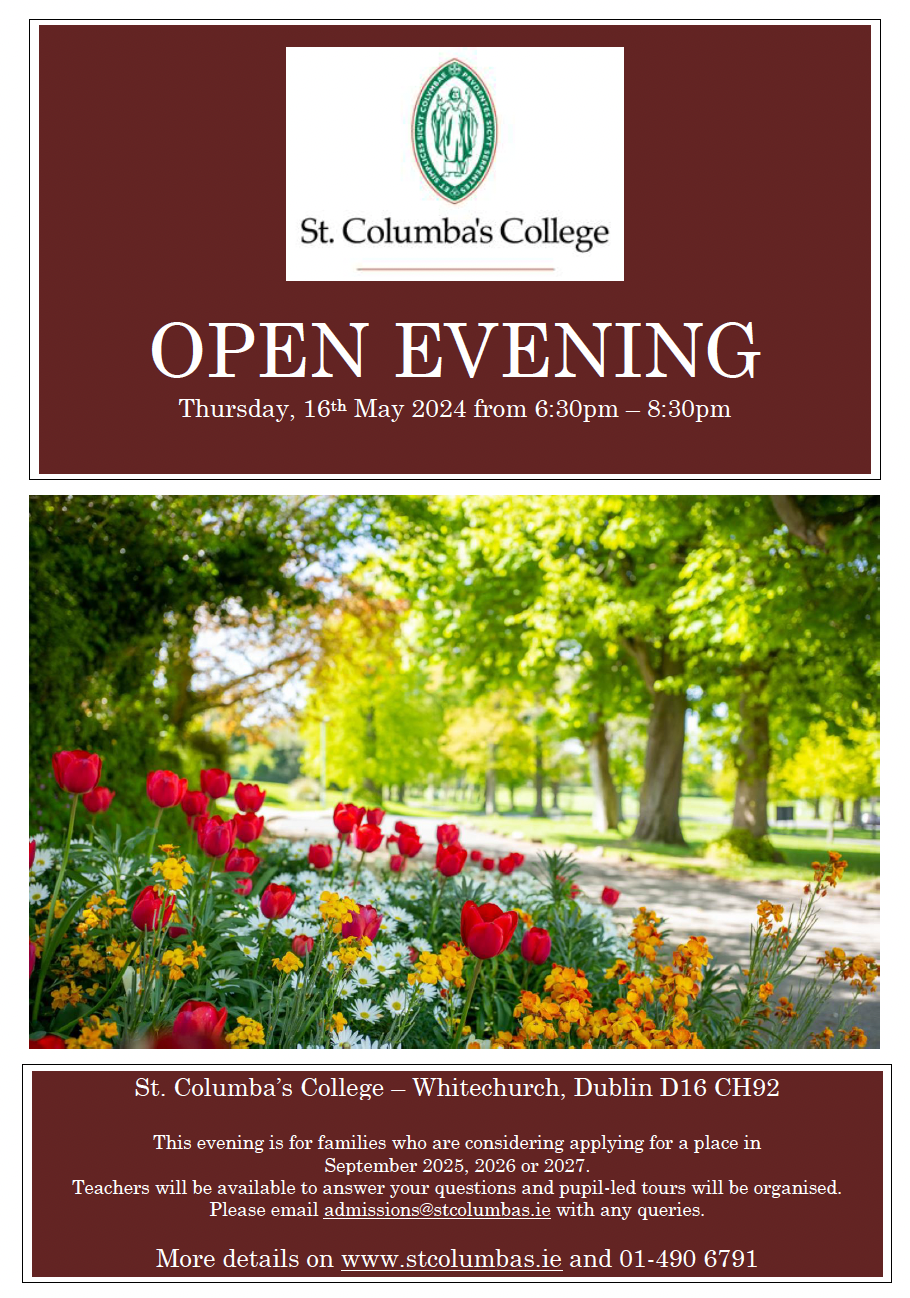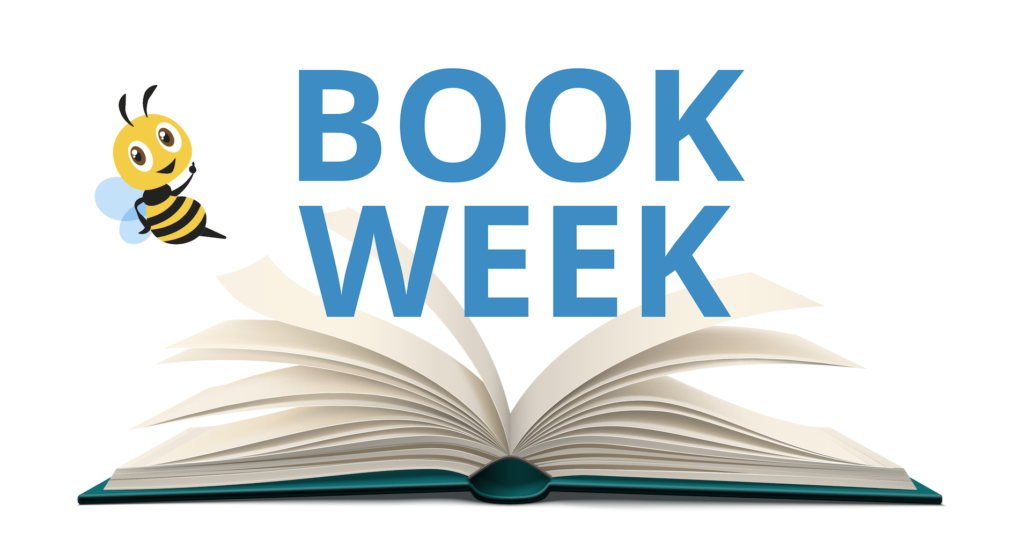I have just finished reading The Anxious Generation by Jonathan Haidt. If you haven’t read it, get a copy. It is an important book.
The overall thrust of the book is that the current mental health crisis among young people has been caused by the advent of the smart phone…children are now experiencing a phone-based childhood instead of a play-based childhood and the effects of that are profound: increased anxiety due to unrealistic comparisons on social media; the pursuit of likes and followers and the misery caused when you cannot keep up with the popular crowd; an increased number of contacts but far fewer real friendships; a lack of face to face conversation and real life contact in the physical world.
Haidt has an interesting way of viewing what has happened. A few decades ago parents become very fearful that their children were in danger in the community from paedophiles or from being abducted, or getting physically hurt when they were unsupervised, so they became nervous of allowing their children to do things by themselves and thus learn resilience and independence. In contrast to that over-emphasis on safety in the physical world, parents have given their kids the most extraordinary access to the virtual world through their smart phones, a mad and dangerous world in which they are almost entirely unsupervised. In truth, says Haidt, the physical world is no more dangerous than it used to be and may actually be safer, because all the paedophiles and weirdos are online, which is where their children now spend all their time. The online world is a minefield of negative influences, run by companies whose algorithms are designed to cause addiction to their apps. The potential dangers there are far greater than merely climbing a tree or going to the shops unsupervised.
Apparently girls are more affected by social media than boys, because girls are more likely to be comparing themselves to others and feeling inadequate about their looks, their skin, their clothes, their body shape. All that breeds anxiety and a feeling of inadequacy. The same can be the case with boys but they are more likely to be watching porn, getting unrealistic ideas about relationships, seeing girls being abused and objectified and learning that it is ok to talk about them in a demeaning manner. Real relationships with girls, requiring respect and conversation, are awkward, and there is the danger of rejection, but no matter if you can get your fix online. No danger of rejection there. Is that what we want for our boys?
I don’t think Haidt is exaggerating the effects that smart phones and social media have had. However, he has a simple way that he thinks parents and schools can turn back the tide: far less access to phones and far more access to and encouragement of what he calls ‘free play.’ Playing outside builds character. Children learn how to deal with bumps and bruises and, when they are left on their own, they also learn how to resolve conflicts, without adult interference. That is an important rite of passage. Play time in school used to be a mad welter of playground football and tag…now it can be totally silent with every child glued to their phone. Does anyone think that is progress?
In some ways I actually think that this is quite a good advertisement for boarding schools. Here at St. Columba’s we can’t ban phones because we are largely a boarding school and that would not be fair or realistic. In any case, learning to use phones responsibly is something that children need to do. But access to phones here is limited, while all pupils play some sport 6 days a week after school, building face to face relationships in the team sports which we think have so much to teach them. Many children in other schools go home at 3.30 p.m. and spend the rest of the day on their screens. Our children here are kept very busy and I doubt that there is a single parent who does not appreciate that. Prepare for a renewed interest in boarding schools!
Last week we had the new intake for September in for testing. What a great crowd! I wrote to all their parents earlier this week to urge them to hold off on smart phones for their children, if it is not too late, or to find a way of limiting or monitoring the apps on the phones, if they already have them. What is most important when children come here is that they learn to interact face to face, to deal with each other in the physical world and not to be drawn into the dog eat dog world of social media before they can cope with it. I am not sure that any of us can cope with it, actually, but the longer it can be delayed the better for the children.
School and parents are in this together and we need to collaborate to beat back the incoming tide. Awareness of these dangers is growing and perhaps the tide is already turning. If we can set a different value to the use of social media and phones here in our own school community, I think we will find that we will be on the right side of history.

